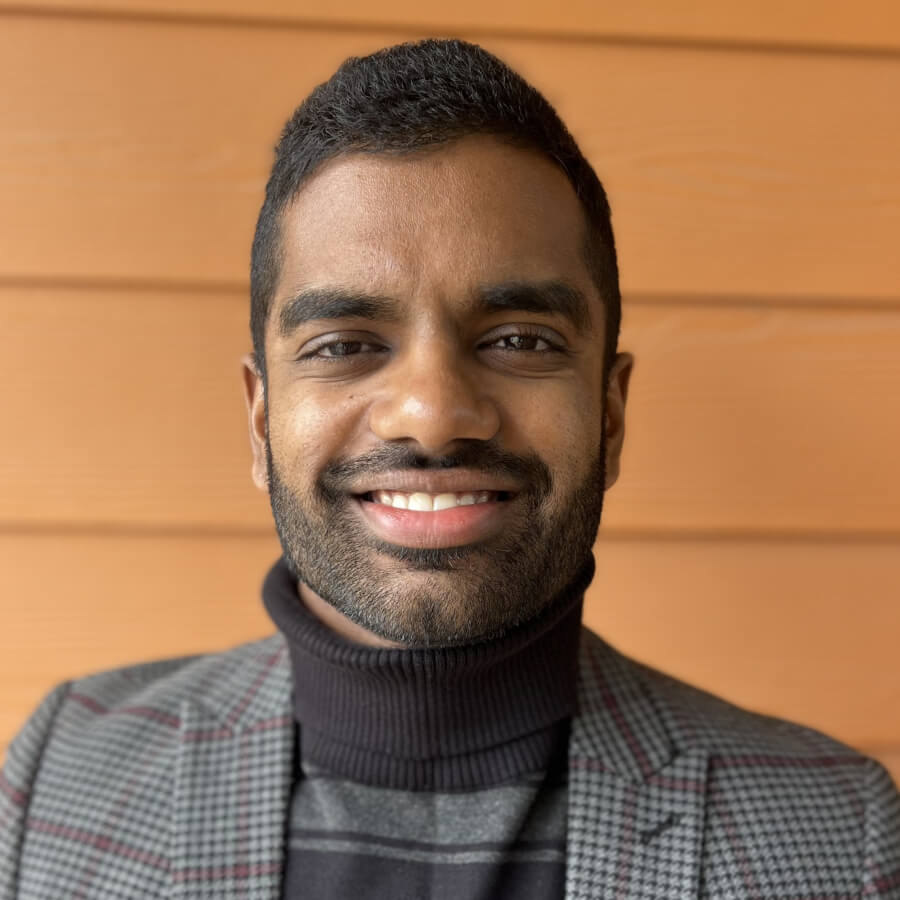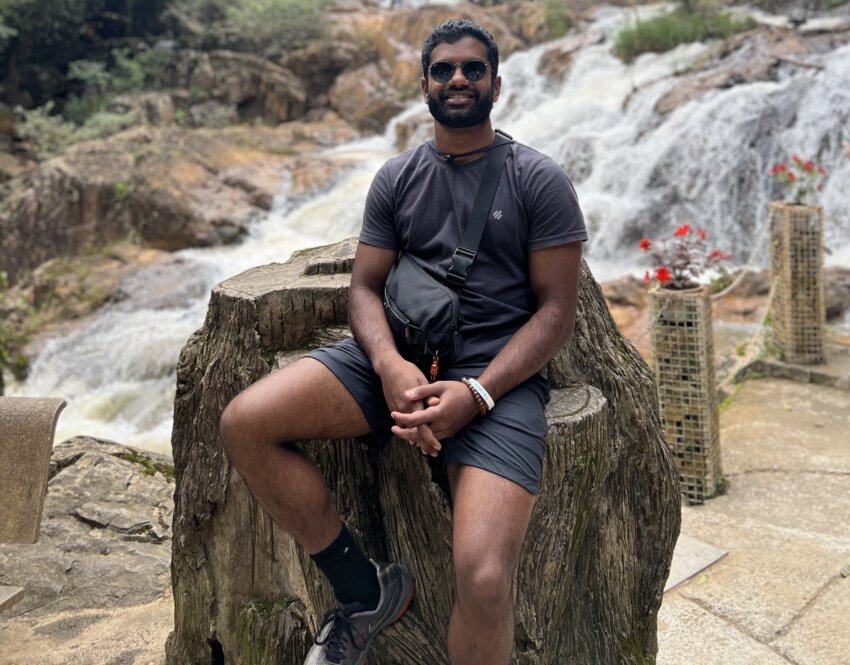When Niklesh Akula began his medical education at UT Health San Antonio’s Joe R. and Teresa Lozano Long School of Medicine, he was already thinking beyond traditional clinical pathways. While passionate about medicine, he also carried a strong interest in artificial intelligence — a field he believed could meaningfully transform health care.
That curiosity led him to pursue the MD/MSAI dual degree program. The program gave him a chance to dive into emerging technologies and explore how data-driven tools could improve diagnosis, decision-making and patient care.

“Artificial intelligence had always interested me, and it felt like a way to broaden my horizons and step outside the traditional boundaries of medicine,” Akula said.
“There’s a natural overlap with medicine and artificial intelligence,” he explained. “Doctors and AI both work by interpreting patterns in data, whether that’s lab values, imaging or patient symptoms, so I was really interested in that intersection.”
Akula ultimately chose to pursue a residency in radiology, with a focus on interventional radiology — a subspecialty that not only reads images, but also performs minimally invasive procedures, like placing nephrostomy tubes to target liver tumors with localized chemotherapy, often guided by imaging technology.
Akula sees a future where artificial intelligence plays an even bigger role in health care. He envisions tools powered by AI that can assist during procedures, helping physicians make faster, safer and more-consistent decisions.
“I think AI can help standardize health care delivery,” Akula said. “Whether someone is being treated at a large academic center or a small rural hospital, AI-guided tools could help bridge that gap.”
Up for the challenge
Akula’s drive to blend technology with medicine is also shaped by personal experience. As the first in his family to pursue medicine, he initially felt the weight of becoming “the doctor in the family.” Over time, that sense of duty evolved into a deeper understanding of what it means to be a physician.
“I’ve come to appreciate how much of our job is just listening and being present with patients, especially as they express emotional and mental health challenges. So, it’s about holistic care and more than just curing the disease, but healing the whole person,” he said.
Despite starting medical school during the isolating days of the COVID-19 pandemic in 2020, Akula found community through interdisciplinary connections at UT Health San Antonio’s integrated campus and with classmates across medicine, dentistry and nursing.
Now, as Akula prepares to begin his internship with a transitional yearlong program at HCA Florida Oak Hill Hospital in Brooksville before beginning an interventional radiology residency program at the University of Arizona in Tucson, he looks ahead with confidence and anticipation.
“I’m just excited to start practicing and applying what I’ve learned and growing into a more capable physician,” he said. “I have high expectations for myself, and I’m looking forward to the challenge.”


